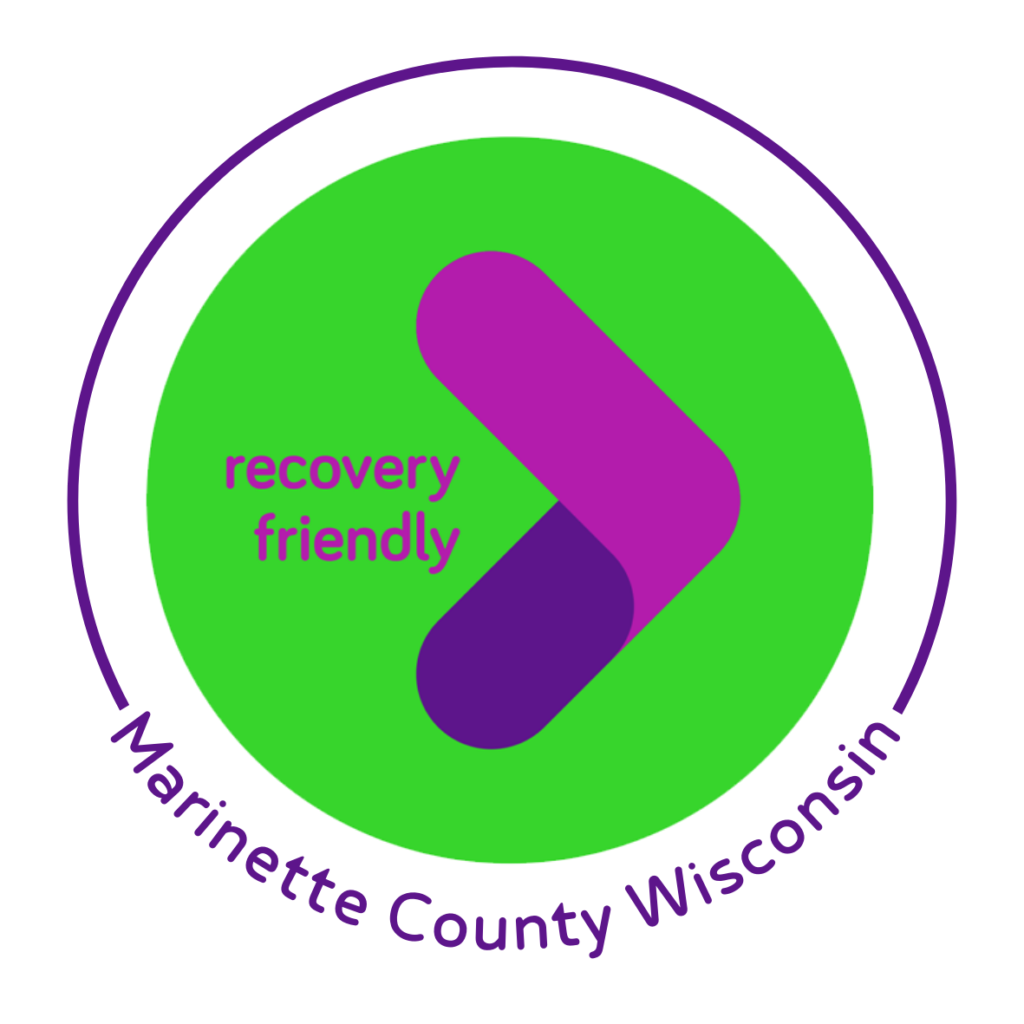Recovery Friendly Workplaces

Recovery Friendly Workplaces
An initiative to help local employers understand policies and practices to create a supportive work environment

Introduction
Everyday, individuals with substance use disorders and in recovery face challenges to maintain health and well-being. Community connections, including access to stable jobs, steady paychecks, and supportive workplaces help sustain recovery.
Recovery Friendly Workplaces (RFW) in Marinette County is an initiative for local employers to better understand policies and practices that can help make a work environment supportive. RFW offers evidence-based information for Marinette County employers who want to make foundational changes to the way they hire, engage with and support employees living with or seeking recovery from substance abuse.
Free Toolkit
Please complete this brief registration to download the free Recovery Friendly Workplaces toolkit developed by UW-Madison Division of Extension and Biehl Bridges to Recovery to begin learning how you can support your employees with substance abuse disorders and in recovery.
If you are interested in becoming part of the project and connecting with a network of Recovery Friendly Workplaces in Marinette County, please share your information with us.
For more information, contact jennifer.parkmroch@wisc.edu.
Project Background
RFW in Marinette County is a partnership with Biehl Bridges to Recovery, a branch of the Marinette County Group Home Association. The project has two key components: employers learn to develop inclusive workplace practices to increase access to sustainable jobs, and individuals served by Biehl Bridges have peer-driven recovery coaching as they obtain and grow with meaningful employment. Individuals in recovery who are also involved in the criminal justice system may need additional support to achieve sustainable employment. Research shows the impacts are significant, as meaningful, steady employment increases access to housing stability, food security, educational opportunities and health care.
The Wisconsin Partnership Program at the University of Wisconsin School of Medicine and Public Health began funding this project in December 2022 and will continue its financial support until December 2025.
You can learn more about the role of employers in supporting recovery at the Department of Labor’s Recovery-Ready Workplace and Recovery Friendly Workplace New Hampshire.
Read about Wisconsin’s Mental Health resources at NAMI Wisconsin or Resilient Wisconsin.
Recovery Friendly logo used with permission from Recovery Friendly Workplace New Hampshire. Photo by Sora Shimazaki.





